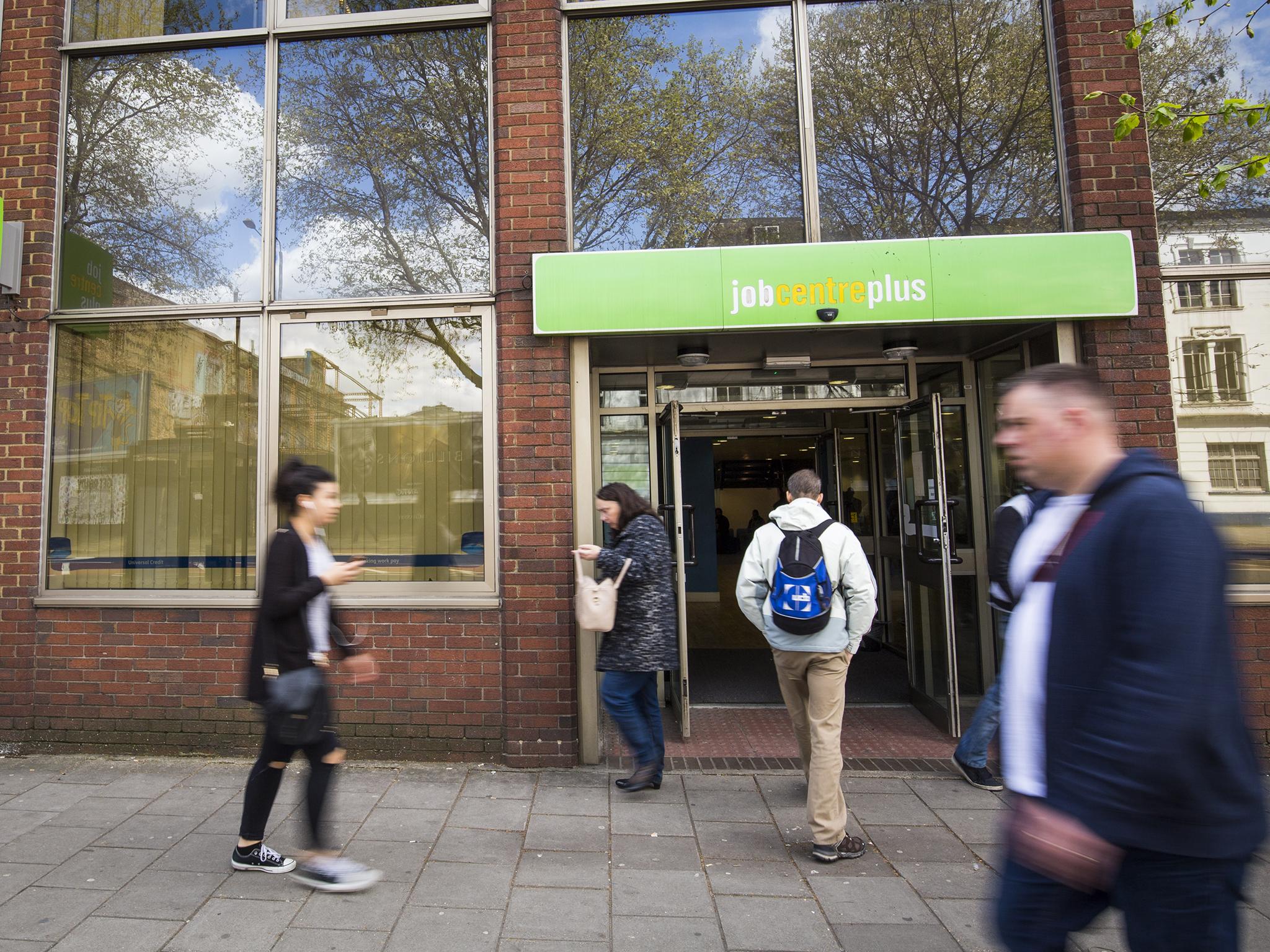The jobs market stagnated in the three months to October, according to the latest jobs report from the Office for National Statistics, suggesting employers are finally slowing their hiring in the wake of June's Brexit vote.
Employment fell by 6,000, which was the first decline in employment since June 2015 and only the fifth fall registered since 2011.
City of London analysts had expected employment to rise by 50,000 over the period.
Unemployment fell by 16,000, but this was due to fewer people seeking work.
The numbers aged 16 to 64 classed as "inactive" rose by 76,000 in the three months.
The unemployment rate was steady at 4.8 per cent, equal to the 11-year low hit last month.
But the more timely claimant count measure of unemployment rose by 2,400 in November, following an upwardly revised 13,300 increase in October.
Analysts were mostly downbeat about the figures.
"The UK has experienced a rapid deterioration in job creation, giving the sense that Brexit uncertainty is now becoming a drag on the economy", said James Knightley of ING.
"Cracks are beginning to appears in the labour market," agreed Howard Archer of IHS Global Insight.
Martin Beck of the EY ITEM club said the strong employment growth of the past two years was now "petering out".
The Bank of England and the Office for Budget Responsibility have both forecast the unemployment rate to begin rising soon as the economy slows and firms cut back on hiring.
The Bank expects the jobless rate to rise to 5.6 per cent in two years' time, while the OBR thinks it will peak at 5.5 per cent in 2018.
Average wages rose by 2.5 per cent in the three months to October, the strongest increase since August 2015.
However, official forecasters also expect inflation to outstrip wage growth in 2017, reducing real disposable incomes and consumer spending.
Consumer price inflation rose by 1.2 per cent in November, the fastest rise in the cost of living since 2014.
In the latest quarter there was a 51,000 fall in the number of full time jobs, while the number of part time positions rose by 46,000.
The number of hours worked fell by 0.5 per cent.
Job vacancies, another indicator of momentum in the market, dipped to 748,000 in the three months to November, down from 757,000 in the three months to October.
The Bank of England will conclude its latest monthly meeting on interest rates tomorrow, with analysts expecting rates to be kept on hold at 0.25 per cent.
There is uncertainty about whether rates will go up or down in 2017, with the Bank's Governor, Mark Carney, saying either direction is possible.
"The economy will not be weak enough to justify an easing in monetary policy, while the rise in inflation is unlikely to be sufficiently long lasting to prompt a tightening," said Philip Shaw of Investec.
"Accordingly the most likely outlook is that the MPC will maintain the Bank rate at 0.25 per cent through 2017."
Subscribe to Independent Premium to bookmark this article
Want to bookmark your favourite articles and stories to read or reference later? Start your Independent Premium subscription today.


Join our commenting forum
Join thought-provoking conversations, follow other Independent readers and see their replies